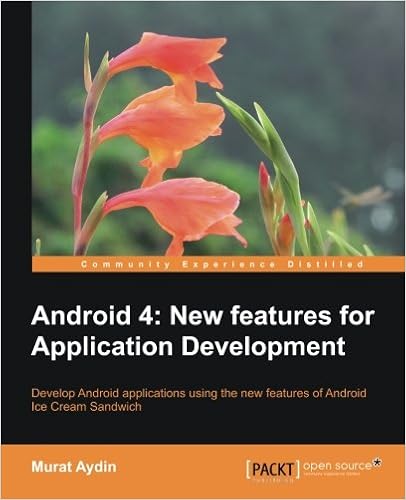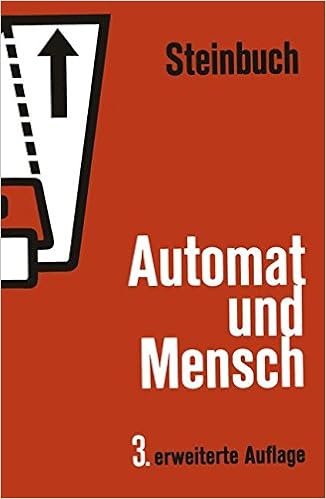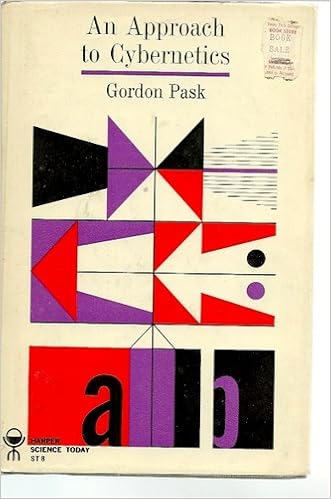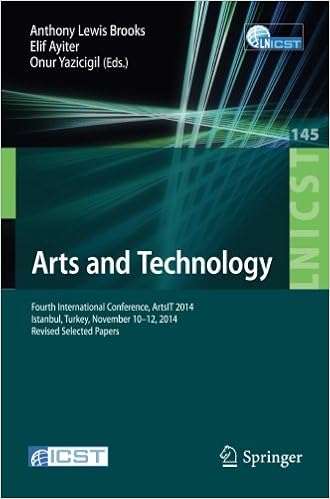
By David Harel
Among the various methods to formal reasoning approximately courses, Dynamic good judgment enjoys the singular benefit of being strongly relating to classical good judgment. Its variations represent ordinary generalizations and extensions of classical formalisms. for instance, Propositional Dynamic good judgment (PDL) may be defined as a mix of 3 complementary classical components: propositional calculus, modal common sense, and the algebra of normal occasions. In First-Order Dynamic common sense (DL), the propositional calculus is changed by means of classical first-order predicate calculus. Dynamic good judgment is a process of exceptional solidarity that's theoretically wealthy in addition to of functional worth. it may be used for formalizing correctness requisites and proving carefully that these requirements are met by way of a selected application. different makes use of comprise settling on the equivalence of courses, evaluating the expressive strength of varied programming constructs, and synthesizing courses from specifications.
This booklet offers the 1st accomplished advent to Dynamic common sense. it's divided into 3 components. the 1st half experiences the right primary suggestions of common sense and computability idea and will stand by myself as an creation to those issues. the second one half discusses PDL and its versions, and the 3rd half discusses DL and its variations. Examples are supplied all through, and routines and a brief historic part are integrated on the finish of every chapter.
Continue reading "Download E-books Dynamic Logic (Foundations of Computing) PDF"








